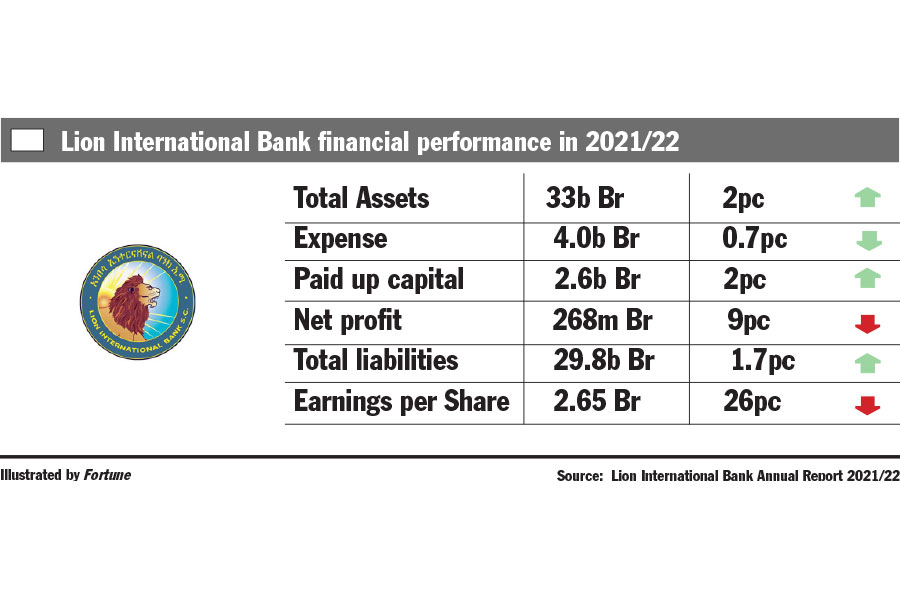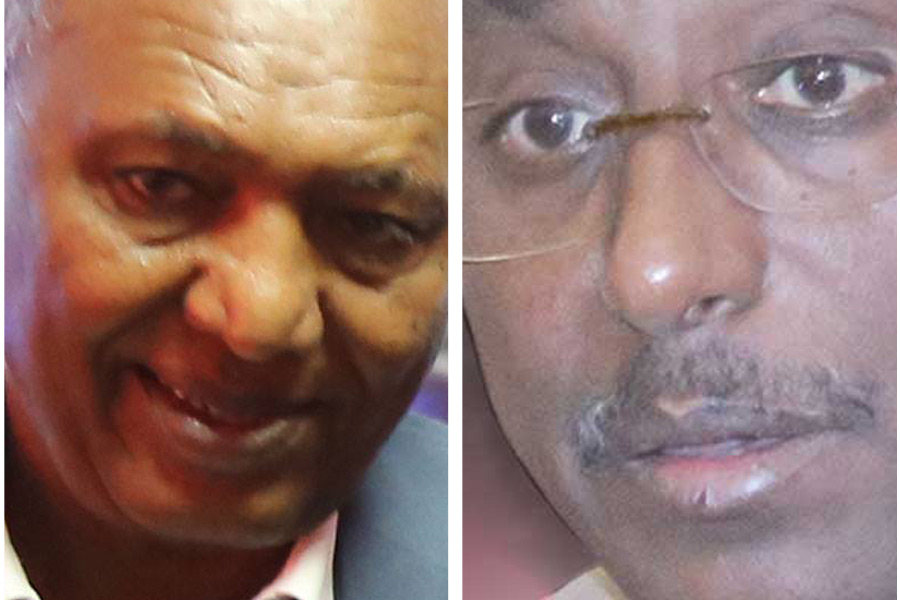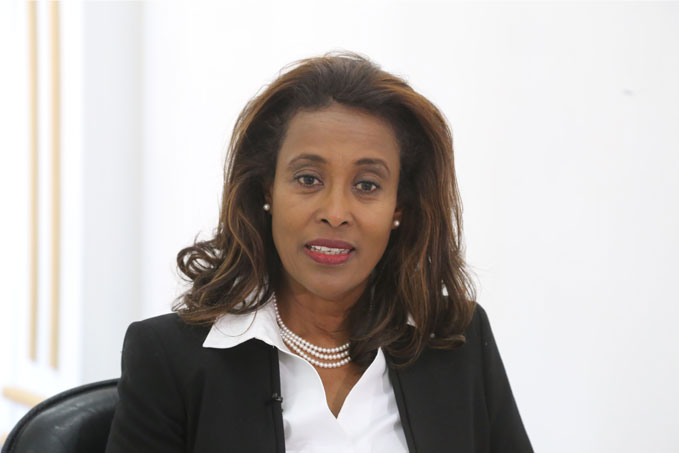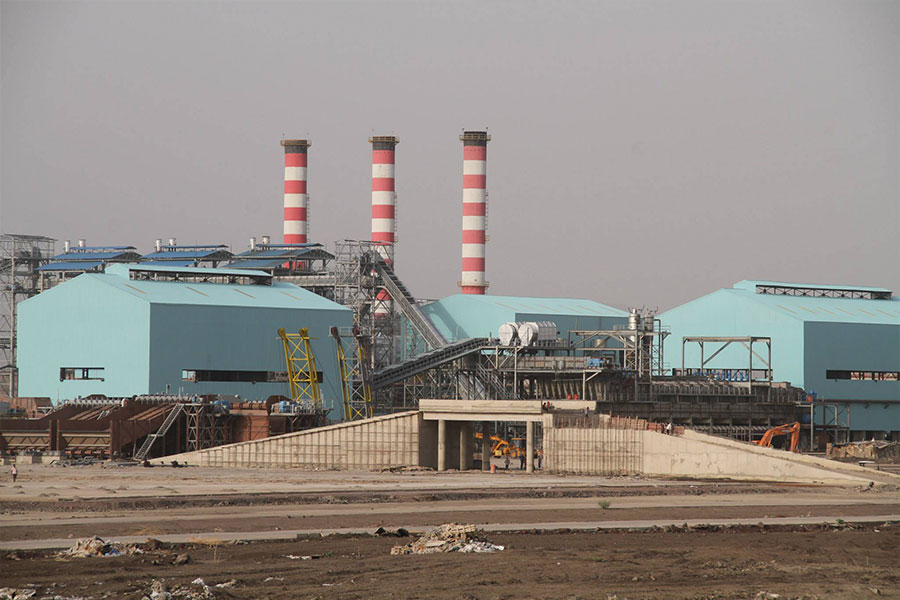
Jun 15 , 2019
By
Prime Minister Abiy Ahmed’s (PhD) administration has decided to partially privatise state-owned enterprises, which infuriated not only supporters of Ethiopia’s current developmental state model but also those that have never shown any enthusiasm toward it. The latter group is more nationalistic than not.
The arguments against the privatisation of state resources range from persuasive to unwarranted, a group that consists of those that are opposing Ethiopia’s venture into neoliberalism. This hardly makes any sense for the partial privatisation of state-owned enterprises, where the government retains majority share, only marginally moving the needle in favour of the private sector.
We should be worried about neoliberalism when there are meaningful policy reforms toward floating the Birr, opening up the capital account, a reduction of income taxes and complete liberalisation of the main service industries. This is what neoliberalism is, not the baby steps the current administration is taking toward allowing the private sector to play its part in the economy.
An equally bizarre argument is that Ethiopian Airlines is the pride of the nation and thus should not be put in private hands. Neither Apple nor Samsung are owned by their respective governments, and no one accuses them of not being the pride of their nations. What matters should not be whether or not the government owns these assets but that the nation has created an environment in which these enterprises can thrive - that is where the pride should come in.
A much more persuasive argument is that the government needs the money that state-owned enterprises generate. This is a state with around 100 million people to look after - a mighty responsibility that requires a great deal of resources.
Recently, the Council of Ministers approved a bill that allocates 368.9 billion Br for the federal budget. It would be a surprise if the government can cover three-quarters of this from tax revenues. The rest has to be made up through aid, loans and profits from state-owned enterprises. The state may still have to resort to printing money when all is said and done.
No one can deny that the state requires resources to provide public goods and services for its citizens. Even in a highly liberalised economy, the state needs to pay civil servants, the police and the army. This was why taxes have been around for millennia. Society needs to live in some kind of order, one which only a state can provide. A government is a necessary evil, and every citizen has to cough up thein fair share.
Admittedly, no one likes doing this, as Benjamin Franklin said, “in this world nothing can be said to be certain but death and taxes.”
But the Ethiopian state has rarely been contented with taking a share of people’s hard-earned incomes. It has insisted we buy certain things exclusively from it, such as telecom services. This is for our own good, the state says to us, because the extra amount of money collected directly from the economy would be used to finance infrastructure projects.
Such an argument would be slightly forgivable if the government did not flush down billions of Birr every year through project delays, poor delivery and planning and corruption - all of them products of incompetence and gross negligence.
Even if this was not the case, and the nation’s project planning and implementation capacity was anywhere close to respectable, a large price would be paid by having to sustain state-owned monopolies.
Neither Ethio telecom, Ethiopian Airlines or the Commercial Bank of Ethiopia would be in the position they are today had the government not chosen to stifle meaningful competition in their respective industries. Given the importance of these industries to the economy as a whole, it has meant less dynamism, impeding the productive allocation of the resources, and thus domestic mobilisation of revenue. The state has a means of generating resources, which is through taxes. When it tries to overreach, it usually does more harm than good.
PUBLISHED ON
Jun 15,2019 [ VOL
20 , NO
998]

Fortune News | Mar 25,2023

Fortune News | Jan 23,2019

Covid-19 | Feb 13,2021

Fortune News | Mar 30,2019

Fortune News | Apr 30,2022

Photo Gallery | 173713 Views | May 06,2019

Photo Gallery | 163939 Views | Apr 26,2019

Photo Gallery | 153973 Views | Oct 06,2021

My Opinion | 136559 Views | Aug 14,2021
Editorial | Oct 11,2025

Dec 22 , 2024 . By TIZITA SHEWAFERAW
Charged with transforming colossal state-owned enterprises into modern and competitiv...

Aug 18 , 2024 . By AKSAH ITALO
Although predictable Yonas Zerihun's job in the ride-hailing service is not immune to...

Jul 28 , 2024 . By TIZITA SHEWAFERAW
Unhabitual, perhaps too many, Samuel Gebreyohannes, 38, used to occasionally enjoy a couple of beers at breakfast. However, he recently swit...

Jul 13 , 2024 . By AKSAH ITALO
Investors who rely on tractors, trucks, and field vehicles for commuting, transporting commodities, and f...

Oct 11 , 2025
Ladislas Farago, a roving Associated Press (AP) correspondent, arrived in Ethiopia in...

Oct 4 , 2025
Eyob Tekalegn (PhD) had been in the Governor's chair for only weeks when, on Septembe...

Sep 27 , 2025
Four years into an experiment with “shock therapy” in education, the national moo...

Sep 20 , 2025
Getachew Reda's return to the national stage was always going to stir attention. Once...

Oct 12 , 2025
Tomato prices in Addis Abeba have surged to unprecedented levels, with retail stands charging between 85 Br and 140 Br a kilo, nearly triple...

Oct 12 , 2025 . By BEZAWIT HULUAGER
A sweeping change in the vehicle licensing system has tilted the scales in favour of electric vehicle (EV...

Oct 12 , 2025 . By NAHOM AYELE
A simmering dispute between the legal profession and the federal government is nearing a breaking point,...

Oct 12 , 2025 . By NAHOM AYELE
A violent storm that ripped through the flower belt of Bishoftu (Debreziet), 45Km east of the capital, in...